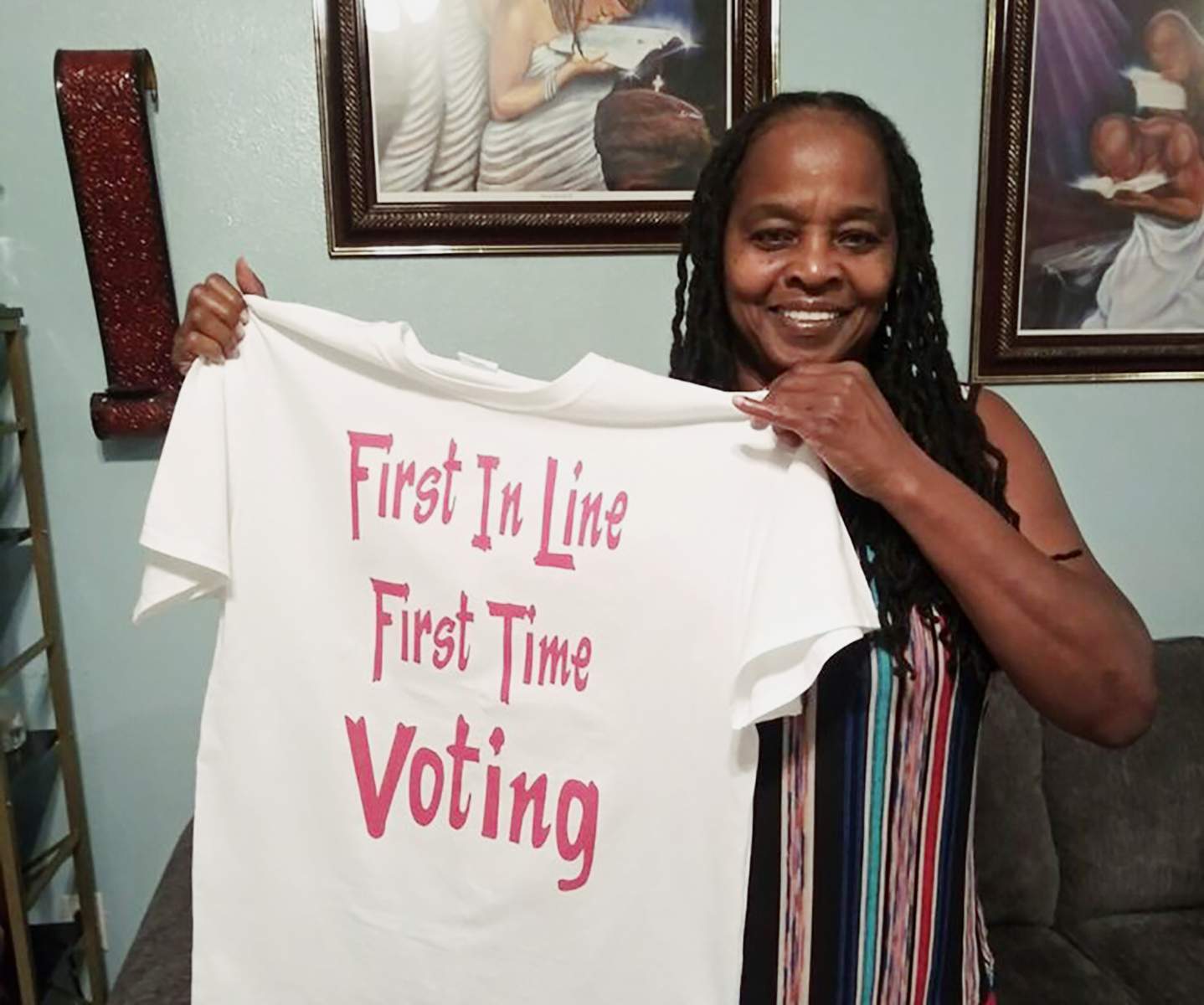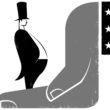The federal trial judge who stood up for the voting rights of ex-offenders in Florida last month crafted a shrewd ruling designed both to highlight the weakness of the state’s arguments and to insulate his conclusions as much as possible from the conservative judges who will review the case.
But more than that, U.S. District Judge Robert Hinkle wrote the definitive history of the effort by state Republican lawmakers to suppress the voting rights of their constituents and undermine the will of Florida voters by cutting the legs out from Amendment 4, the 2018 ballot initiative designed to restore the voting rights of formerly incarcerated Floridians.
Endorsed by a supermajority of state voters, Amendment 4 was designed to restore the franchise to perhaps one million of their fellow Floridians—mothers and fathers, sons and daughters, friends and neighbors—who had been systematically denied the right to vote in the state long after they had completed their prison sentences. No future court or politician, no matter how craven, can take away the factual record that now exists thanks to Judge Hinkle and the witnesses who testified at the most important “virtual” trial in American history.
The passage of Amendment 4, coming after eight years of the Obama administration and during a new wave of Republican-led voter suppression, was a landmark event in Florida’s history, a sudden and demonstrative break from its racist history of disenfranchisement. No longer would state residents who had served their debt to society be consigned to begging the governor for a special dispensation. No longer would they be prohibited from participating in the most elemental act of the democratic process because of something they had done when they were 18 or 20 or 22 years old. The measure passed with bipartisan support among voters. It has been vexed ever since by partisan lawmakers.
It took Republican lawmakers in Tallahassee fewer than six months to erect new statutory barriers that effectively disenfranchised hundreds of thousands of people in Florida even before they had the chance to register and vote under the language of Amendment 4. There was nothing subtle about what these legislators did. They took one of the least redeemable features of Florida’s criminal justice system, the onerous and greedy imposition of fines and fees on all sorts of criminal defendants, and weaponized it all the way into a condition of voting. To people just scraping by, fighting to emerge from prison sentences, indigent and marginalized anyway, they said: you must pay ransom if you want to vote.
Judge Hinkle put it another way in his 125-page opus. State legislators, he wrote, created what amounts to an illegal poll tax when they tried to condition the re-enfranchisement of former prisoners on their ability to pay outstanding fees, whether they could afford to do so or not.
(The lawmakers did this, it seems clear to many, because they don’t want ex-offenders to vote because they fear they will vote for Democrats.) Still, the judge refused to strike down the entirety of the Republican suppression effort. “[T]he State can condition voting on payment of fines and restitution that a person is able to pay but cannot condition voting on payment of amounts a person is unable to pay or on payment of taxes, even those labeled fees or costs,” Judge Hinkle wrote.
He tethered his conclusions over Memorial Day weekend to a prior ruling in the case by the 11th U.S. Circuit Court of Appeals, the federal appeals court with jurisdiction over Florida. That appeals court, a few months earlier, upheld a preliminary injunction Judge Hinkle had issued in the case, holding that Florida “cannot prevent an otherwise-eligible felon from voting just because the felon had failed to pay [legal financial obligations] the felon is genuinely unable to pay.” Judge Hinkle was clear on what this means. His new order, he wrote, “of course follows the Eleventh Circuit’s decision—and would reach the same result anyway.” In case that wasn’t clear enough, the trial judge then added: “On the inability-to-pay claim, the Eleventh Circuit’s analysis is more important than anything included in this order.”
If the 11th Circuit is going to overturn the trial judge’s ruling, it’s also going to have to effectively countermand its own analysis and the conclusions its judges reached in affirming that injunction earlier this year. And it is going to have to do so after waves of sworn testimony at trial revealed the ambiguity surrounding the extent of the financial obligations lawmakers have tried to impose on ex-offenders. “[E]ven with a team of attorneys and unlimited time, the State has been unable to show how much each plaintiff must pay to vote under the State’s view of the law,” Judge Hinkle wrote. If you are going to make all these poor people pay to vote, in other words, at least grant them the courtesy of knowing how much you say they owe.
“The State has shown a staggering inability to administer the pay-to-vote system,” Judge Hinkle concluded, in part because state records that could be used to determine how much a particular ex-offender would need to pay to satisfy all court debts simply don’t exist or at least don’t exist in a way that generates any certainty about the amount allegedly owed. Many of those records are lost or incomplete. Many of the witnesses who could answer questions are dead. The judge does an excellent job, too, of explaining how poorly state lawyers and bureaucrats tried to defend the law undermining Amendment 4. Any decision that overturns this one will be ratifying Florida’s broken and inept record-keeping system.
Legal experts no doubt will focus as well on the fact that Judge Hinkle concluded that Florida’s voter suppression legislation failed to pass even the most modest constitutional standard, the “rational basis” test. And here, again, the judge has made it more difficult for appellate courts to justify reversing course. If they do so, they will be ignoring the testimony of both the plaintiffs in the case and witnesses for the state. How in the world will the 11th Circuit look at the trial record that shows such chaos within the state’s records system and conclude that this system ought to be resuscitated at the expense of the rights of Florida residents to register and vote after years, or decades, of disenfranchisement?
The bigger question, of course, is whether the U.S. Supreme Court, more conservative now than it was when its five conservatives gutted the Voting Rights Act in 2013, will rescue the Republican legislation and doom anew the franchise for countless Floridians. Just last month, remember, Justice Samuel Alito voiced his frustration with his fellow justices for identifying the racist history of other unconstitutional measures. Just because Judge Hinkle has made it harder for Chief Justice John Roberts and company to again endorse a form of voter suppression doesn’t mean he’s made it impossible.
Andrew Cohen is a senior editor at the Marshall Project and a Fellow at the Brennan Center for Justice. (The Brennan Center represents plaintiffs in one of the cases consolidated here into a single trial. Mr. Cohen was not involved in any of that work.)







0 Comments